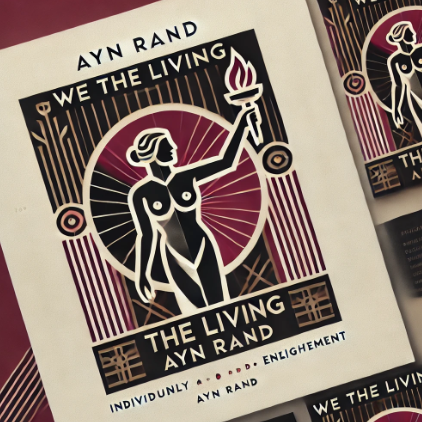The Declaration of Independence: A Foundation for American Democracy
A Foundation for American Democracy
The Declaration of Independence, adopted on July 4, 1776, stands as more than just America’s birth certificate—it represents a revolutionary statement of human rights and governmental legitimacy that continues to influence democratic movements worldwide. This pivotal document, primarily drafted by Thomas Jefferson with input from the Committee of Five, transformed political philosophy into revolutionary action and established principles that would shape not only American democracy but global understanding of human rights.
Philosophical Foundations and Influences
The Declaration’s intellectual foundations drew heavily from Enlightenment thinking, particularly John Locke’s theory of natural rights. Locke’s concept that all people possess inherent rights to life, liberty, and property—which Jefferson would adapt to “life, liberty, and the pursuit of happiness”—provided the philosophical backbone for colonial independence. This radical notion that rights come from nature or God rather than government fundamentally challenged traditional authority structures.
The First Great Awakening, a religious revival movement of the 1730s and 1740s, also significantly influenced the Declaration’s emphasis on human equality. This movement’s focus on individual spiritual experiences and universal human dignity before God helped colonists question traditional social hierarchies and eventually translate religious equality into political equality.
The Social Contract and Revolutionary Justification
Central to the Declaration’s argument was the social contract theory, which proposed that governmental power derives from the consent of the governed. This concept, developed by philosophers like Locke and Rousseau, provided theoretical justification for revolution when governments fail to protect people’s rights. The Declaration’s systematic listing of grievances against King George III demonstrated how Britain had violated this social contract, making revolution not just justified but necessary.
Crafting the Document
The drafting process itself exemplified early American democracy in action. The Continental Congress appointed a Committee of Five—Jefferson, Franklin, Adams, Sherman, and Livingston—to create the document. Their collaborative effort produced a text that balanced philosophical principles with practical political needs. The final document’s structure progressed logically from universal principles to specific grievances, concluding with the formal declaration of independence.
Language and Style
The Declaration’s enduring influence owes much to its literary craftsmanship. Jefferson and his colleagues employed sophisticated rhetorical techniques, combining elegant prose with accessible language. The document’s memorable phrases, parallel structure, and emotional intensity created a powerful statement that could both persuade and inspire. Its opening words—”We hold these truths to be self-evident”—would become some of the most influential in human history.
Global Impact and Legacy
The Declaration’s influence extends far beyond American independence. It has served as a model for over 193 similar declarations worldwide, including the French Declaration of the Rights of Man, various Latin American independence movements, and even Vietnam’s 1945 declaration of independence. Its principles about human rights and governmental legitimacy influenced the United Nations Universal Declaration of Human Rights and continue to inspire democracy movements globally.
Modern Relevance
Today, the Declaration’s principles remain vital to discussions of civil rights, social justice, and human dignity. Its assertion that “all men are created equal” has been continuously reinterpreted to expand rights and protections to previously excluded groups. Civil rights leaders like Martin Luther King Jr. have effectively used the Declaration’s promises to advocate for change, treating it as a “promissory note” that America must fulfill for all its citizens.
The Declaration’s legacy challenges each generation to consider how its principles apply to contemporary issues. Modern debates about digital privacy, artificial intelligence, environmental rights, and social justice all connect to the fundamental questions the Declaration raised about human rights and governmental responsibility. Its vision of human equality and unalienable rights remains an aspiration that societies worldwide strive to achieve.
Understanding the Declaration of Independence helps us grasp not only the foundations of American democracy but also the ongoing struggle to fulfill its promises. As both a historical document and a living statement of principles, it continues to inspire and challenge us to build more just and equitable societies.
You may also be interested in this resource: Declaration of Independence -Core Principles and Historical-OAS – Social Study




